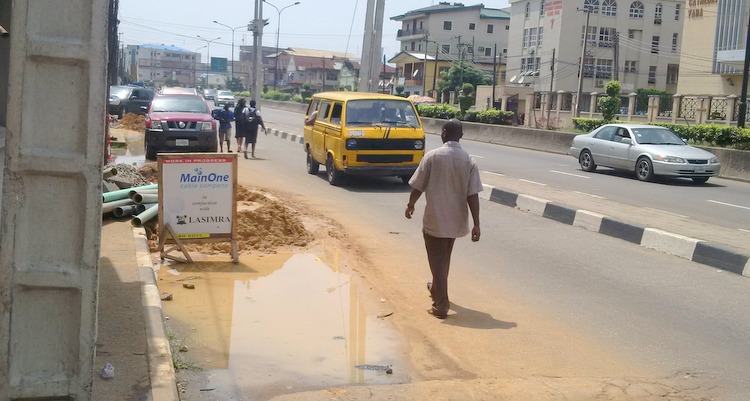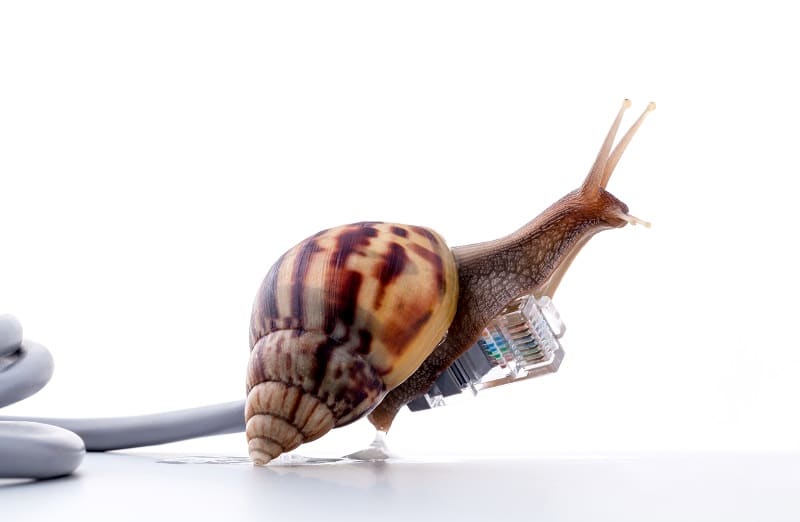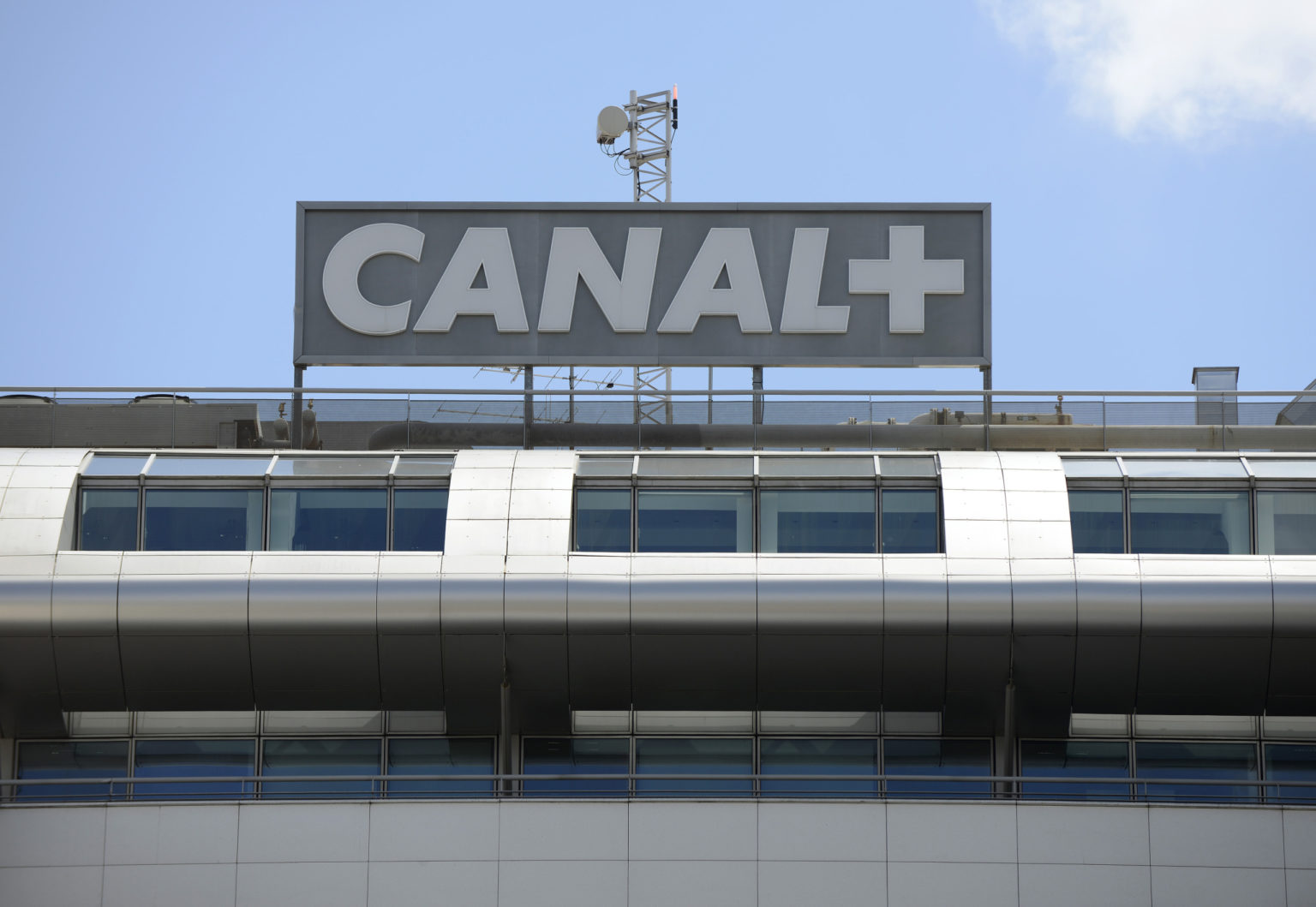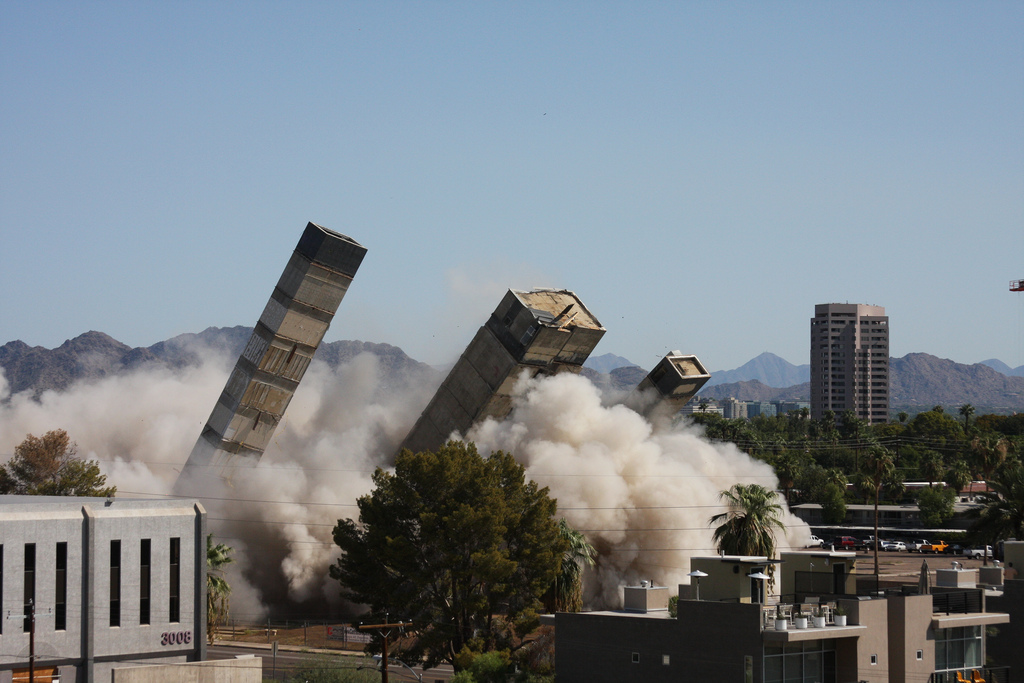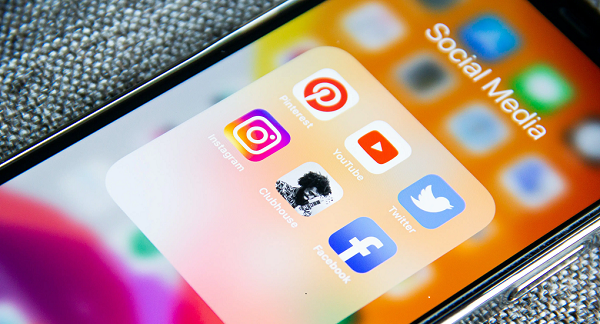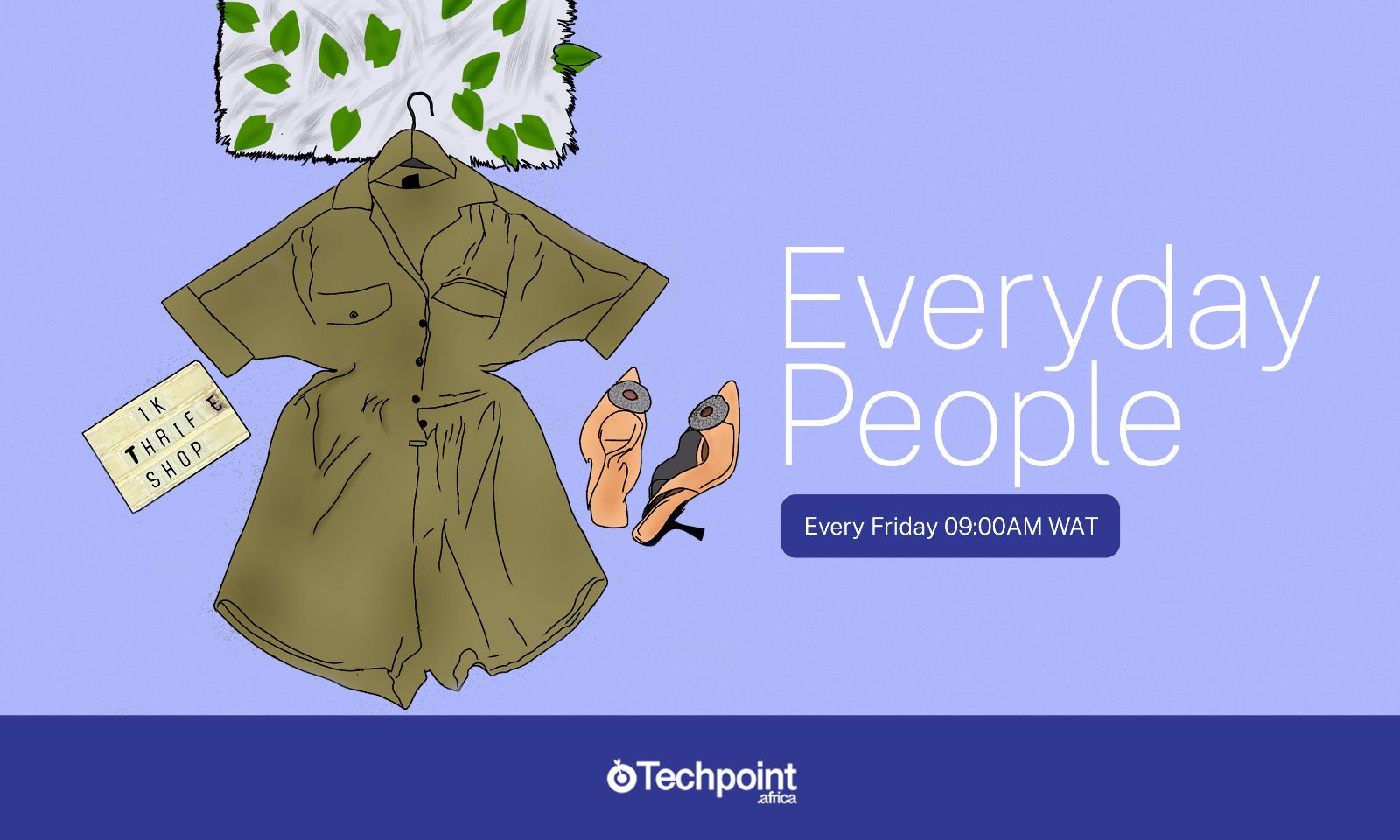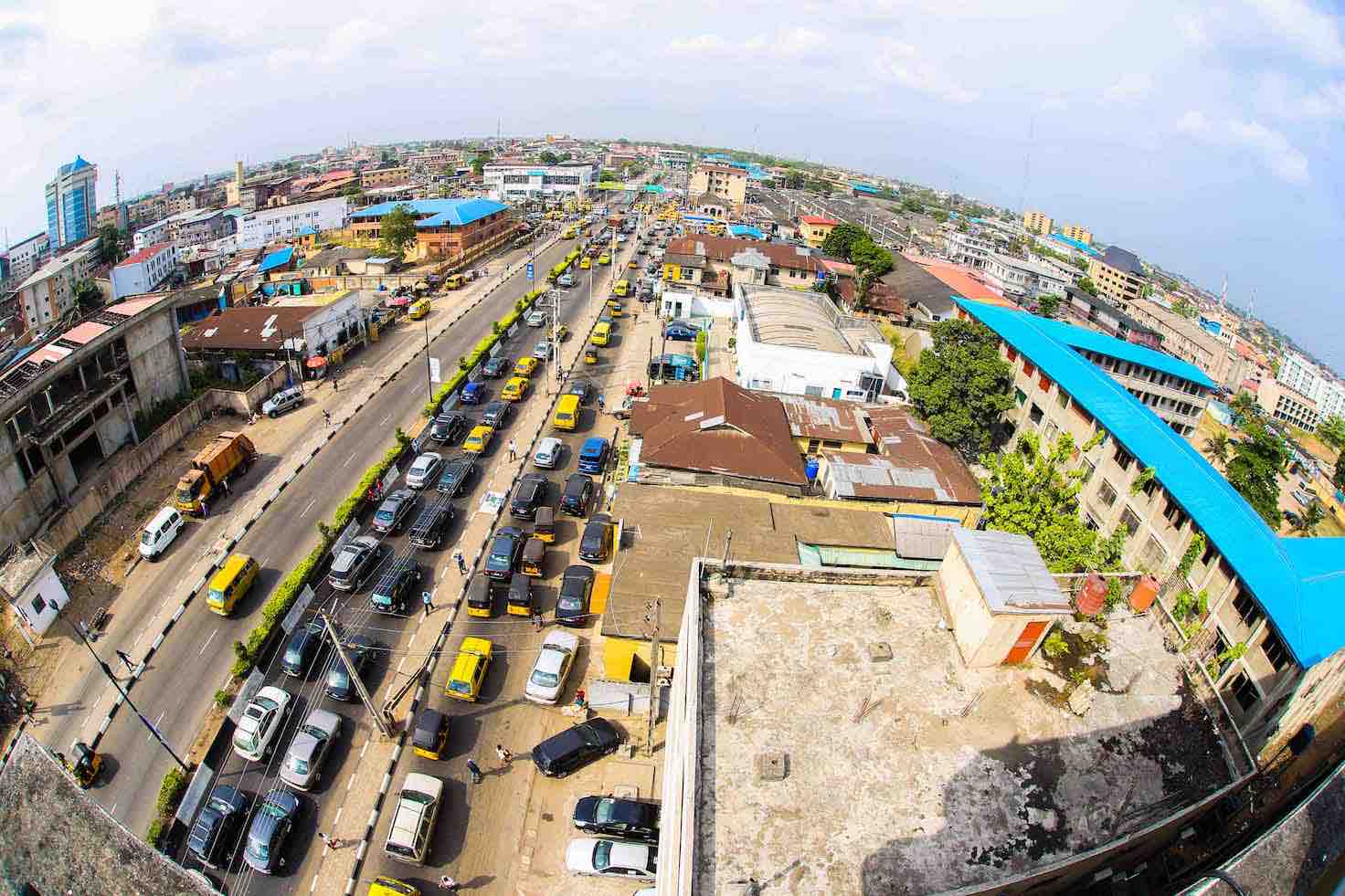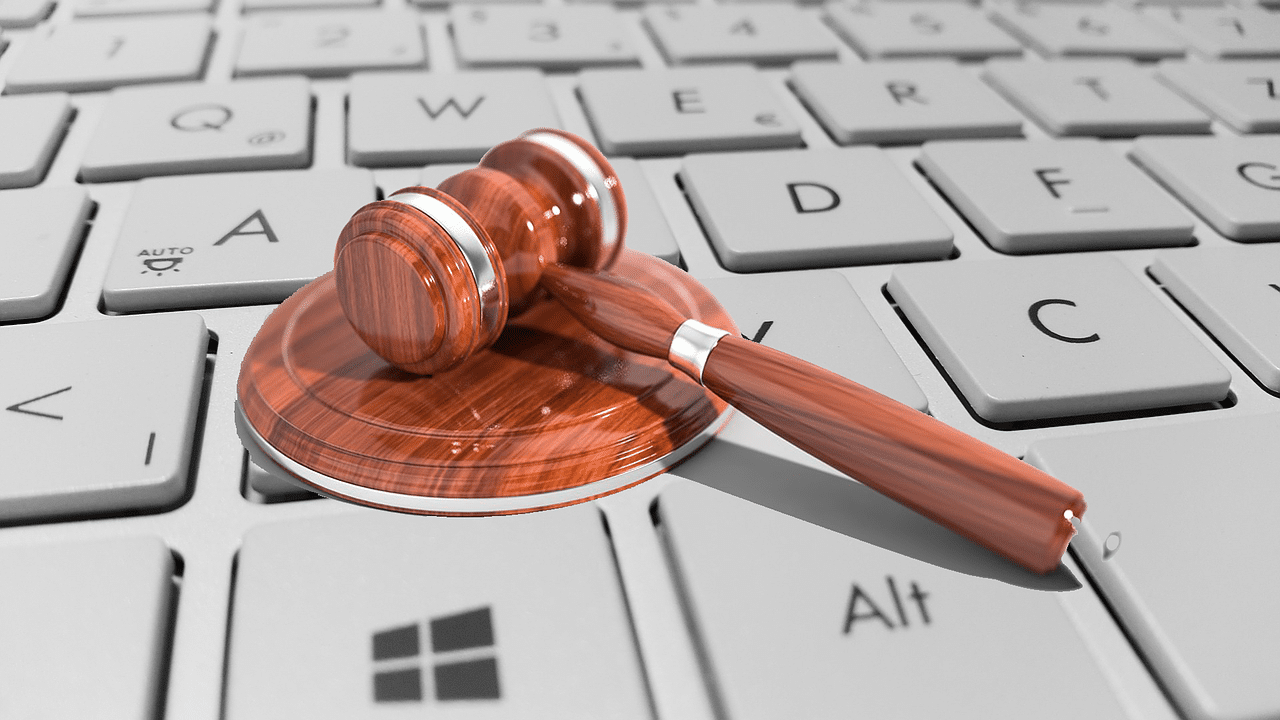A few weeks ago, Nigeria’s ministry of communications and the digital economy launched a new national broadband plan for 2020 to 2025 -- a renewal effort to improve on the process started with the previous plan of 2013 to 2018.
Led by Funke Opeke, CEO, MainOne Cable Company, and Dr Bashir Gwandu, former Executive Commissioner, Nigerian Communications Commission (NCC), the new plan was put together by a committee of industry stakeholders with action plans looking to pick up from the previous plan.
Previous plan and unflattering stats
In 2013, the federal government laid out a plan to provide broadband access across the country with the aid of enabling policies and relevant developmental measures.
Among the intended policies were plans to secure Right-of-Way (ROW) cost waivers with state governments, provision of tax incentives, and the declaration of telecom infrastructure as critical national infrastructure in order to offer them protection from vandalisation.
Also, there were plans to conduct 4G LTE licensing, achieve 3G/4G penetration of 70% in 2017 and 80% in 2018, move for the rollout of fibre infrastructure, extend international cable landing points to other coastal states, and propel the rollout of last-mile cable connections to homes.
The plan also sought to set up public Internet access points, educate more women on the benefits and use of ICT, encourage the reduction of smartphone prices to at least $30 (₦5,000 as of 2014), and connect all universities, colleges, and hospitals.
Instead of securing a waiver, some state governments have reportedly increased right-of-way costs and according to a discussion with a source close to the matter, most telcos still face multiple taxations and levies at federal, state, and local government levels.
Suggested Read: How increased Right of Way charges could raise data and voice call tariffs

Be the smartest in the room
Give it a try, you can unsubscribe anytime. Privacy Policy.
According to the new national broadband plan, no other coastal city has an international Internet cable landing, only a few urban areas have access to last-mile fibre connections, and the layout of new cables still occurs in high-net-worth urban areas that already have fibre connections.
Also, the report points out that affordability still remains an issue for the engagement of women with ICT. A few Internet access points have been created in universities and public places, but there are issues with maintenance and operating costs.
According to A4ai, while Internet affordability rates in Nigeria seemingly meet global standards, the relative purchasing power of several Nigerians has meant that a large percentage of the population is unable to afford the current average price of ₦1,000 ($2.78) for 1GB of data.
Suggested Read: Public Internet access as a means to deepening Internet penetration in Nigeria
As stated in the new report, of the plans from 2013, only a few which include a 3G coverage of 74% in 2019, the licensing of a few 4G spectrums, and the placement of metro fibre connections in all but one state capital have been achieved so far.
The growth of Nigeria’s Internet population and the slow rollout of 4G and 5G bands have also negatively impacted Internet speeds.
Based on 2019 data from M-Lab (Spreadsheet), with an Internet speed of 1.56Mbps, Nigeria ranks 176th out of the 207 countries analysed. By comparison, Egypt (1.62Mbps), Ghana (3.2Mbps), Rwanda (3.34Mbps), Kenya (7.62Mbps), South Africa (8.4Mbps), all have higher Internet speeds.
The enactment of the Cybercrime Act of 2015 also created an opening for an executive order where telecom infrastructure could be declared as critical national infrastructure. Unfortunately, no such order has been given yet.
Make or break factors for the national broadband plan
The new plan projects a 90% population coverage for 4G/45 technology -- by at least two operators -- and broadband penetration of 70% in 2025. This will be determined by the number of people with access to broadband at a price of not more than ₦390 (US$1.06) for 1GB of data by 2025.
It also targets minimum download speeds of 10Mpbs by 2023 and 25Mbps by 2025 for urban areas, and 5Mbps and 10Mbps for rural areas by 2023 and 2025, respectively.
The plan also expects 100% coverage of unserved rural areas and communities, 100%, 50%, and 25% fixed broadband coverage for tertiary, secondary, and primary schools respectively, a connection of one general or major hospital per LGA and Federal Medical Centres (FMC), and 90% coverage of Nigeria’s 774 LGAs.
It will also attempt to facilitate the local assembly of a smartphone, with a target price of ₦18,000 ($50) by 2023 and ₦9,000 ($25) by 2025.
The plan comes with fresh initiatives and goals for expanding Internet access in Nigeria but still has to face a lot of the issues raised. Like the previous plan, its success is hinged on key areas such as infrastructure, policy, demand, and funding/incentives.
There are plans to promote the national average of ₦145/m ROW costs and to put tax incentives and special waivers in place to reduce costs for private sector players.
Our source maintains that issues with the right-of-way, multiple taxation, and miscellaneous levies have to be resolved for headway to be made in terms of expansion, broadband penetration, and Internet affordability.
Suggested Read: Government activities and their adverse effects on market conditions for broadband in Nigeria
Once more, an executive order is being recommended to make telecom infrastructure critical national infrastructure. Once this is done telecom infrastructure will achieve the same status as oil pipelines and electric power lines and would have to be protected by security operatives.
If this is not done, our source argues that every initiative carried out to meet the targets set in the national broadband plan will fail. “Right now, no one is afraid to tamper with telecom infrastructure. In some communities, any lout or hooligan with a bone to pick can take his boys to destroy that infrastructure,” our source laments.
However, a number of parties argue that despite the multiple levies and right-of-way costs, running expenses in Nigeria are still relatively high as a result of the country’s epileptic power supply.
“If a major transceiver station goes down for just 15 minutes in a city like Lagos, the whole city will likely witness poor network connections throughout the day,” says Vincent, a telecom service engineer.
For him, and a lot of other business professionals, one cannot run a business as critical as telecoms without constantly running generators and having to secure the services of fairly trained security men.
Also, some recurrent features of Nigeria’s economic terrain such as inflation, devaluation, and high import duties have to be resolved in the coming years for sufficient headway to be made.
While data currently averages at ₦1,000 ($2.78) for 1GB, in 2013, adjusting for inflation and devaluation, that would have been roughly ₦410 ($2.49) for 1GB.
Given Nigeria's history of inflation and devaluation, there's no certainty that the target of cost of ₦390 ($1.06) per 1GB of data will be the same by 2025 or that the majority of Nigerians will be able to afford it then.
Suggested Read: Nigeria’s addressable market on the Internet is probably smaller than you think
Adding the fact that high import duties are still charged on the importation of most ICT equipment, one might surmise that plans for widespread 4G/5G coverage and a local smartphone assembly plant might need a lot of external help.
While ICT related policies will go a long way in aiding the actualisation of stable and reliable Internet in Nigeria, several critical external factors need to also work in unison to actualise Nigeria’s lofty goals for 2025.
Also Read: 4 things we learnt from MTN Nigeria's 5G trial
Hi, my name is Emmanuel Paul and I am a lover of mysteries and great stories. Thankfully, the steps to prevent coronavirus (COVID-19) — personal hygiene — are not mysterious, and it’s time to filter the stories we hear/see very carefully. Kindly follow all relevant tips from the NCDC, WHO, and other related bodies.
Do your part; when in doubt, verify.

